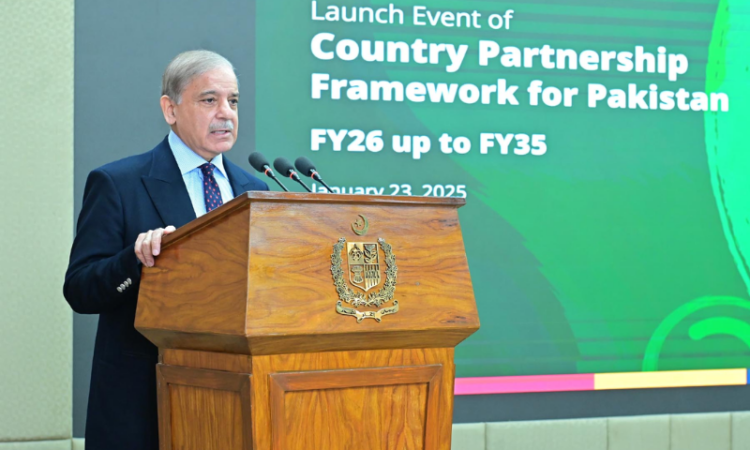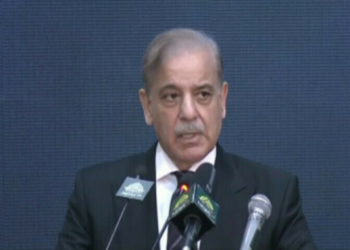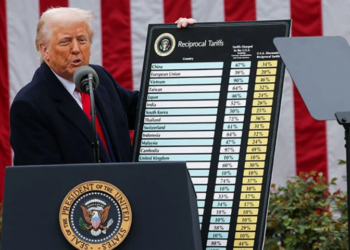Islamabad, January 23, 2025: Prime Minister Shehbaz Sharif has hailed the launch of the World Bank’s $20 billion funding programme for Pakistan as a “timely intervention” to address the country’s pressing challenges, including economic instability, poverty alleviation, digitisation, and climate change.
Speaking at the launching ceremony of the Country Partnership Framework for Pakistan (FY26-FY35), the prime minister described the initiative as a historic milestone in Pakistan’s relationship with the World Bank. “Today is a great day in Pakistan’s history in terms of our ties with the World Bank,” he remarked.
PM Shehbaz acknowledged the World Bank’s long-standing support for Pakistan, highlighting its assistance in implementing vital projects such as hydropower generation and institutional reforms, including modernisation efforts at the Federal Board of Revenue (FBR).
“This new framework represents a vision to transform Pakistan’s economy, enhance climate resilience, alleviate poverty, and promote digitisation, agriculture, and IT-led initiatives across the country,” he stated, adding that the initiative reflects the World Bank’s trust in Pakistan’s potential for sustainable growth.
The premier also pointed to his government’s achievements, emphasizing the structural reforms being introduced in state-run organisations. While admitting that these changes were overdue, he affirmed that they are now being implemented effectively.
Among the key reforms, PM Shehbaz highlighted the digitisation of the revenue system, which is progressing rapidly. He announced the successful launch of a pilot project enabling faceless interactions between importers and Customs officials at Karachi port. The project, aimed at reducing corruption and improving efficiency, will be expanded to other ports nationwide, including dry ports.
Expressing his gratitude, the prime minister thanked World Bank Vice President for South Asia Martin Raiser for the multi-billion-dollar initiative. He also commended the country’s economic team, bureaucrats, and experts for their contributions to the framework’s successful launch.
PM Shehbaz further announced that under the new programme, significant investments would be made in education, healthcare, and climate resilience, with a particular focus on mitigating the damages caused by the devastating 2022 floods.
Speaking at the ceremony, Vice President Raiser reaffirmed the World Bank’s commitment to Pakistan, highlighting the targeted sectors under the framework. The plan includes investments in clean energy, climate resilience, agriculture, digital infrastructure, and manufacturing, as well as efforts to strengthen private-sector growth.
Zeeshan Sheikh, the International Finance Corporation Country Manager for Pakistan and Afghanistan, underscored the importance of policy and institutional reforms. “We are focused on prioritising investments and advisory interventions to attract private-sector financing in critical sectors such as energy, water, agriculture, manufacturing, and digital infrastructure,” Sheikh stated.
The World Bank has currently committed $17 billion to Pakistan across 106 ongoing projects. The new $20 billion framework aims to build on this commitment by addressing key bottlenecks to sustainable growth and job creation.
Pakistan, which has been on the brink of economic crisis for several years, remains under a $7 billion International Monetary Fund (IMF) bailout programme. The IMF has urged the government to increase revenues and secure external financing, much of which comes from loans provided by China and Gulf nations.








